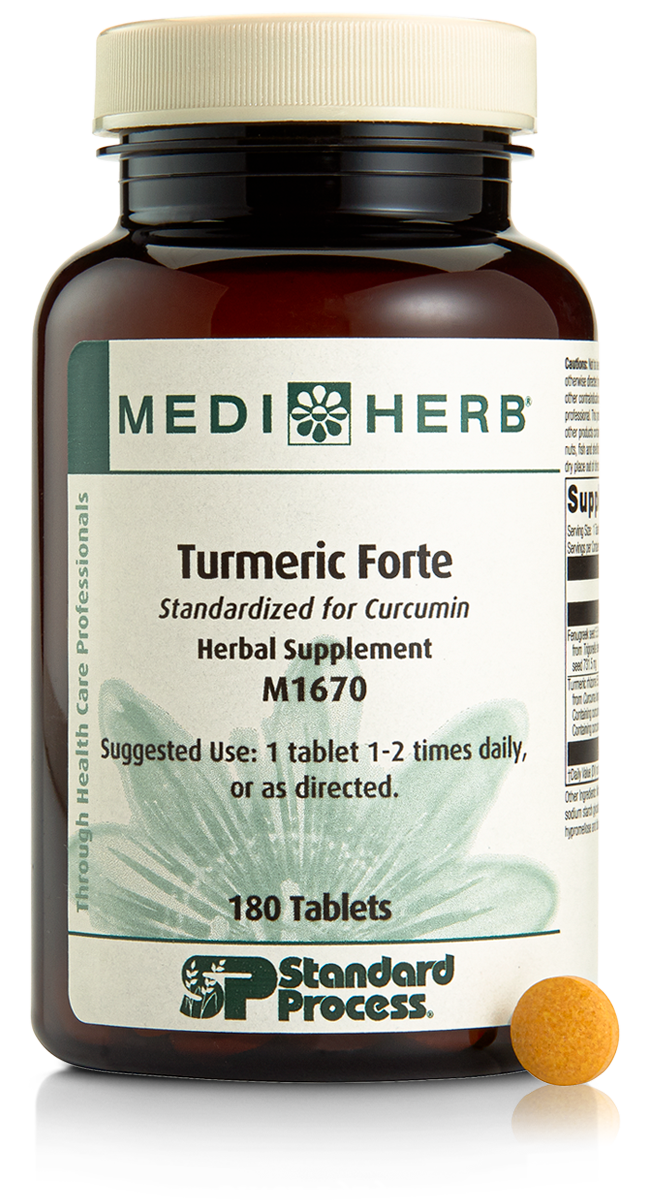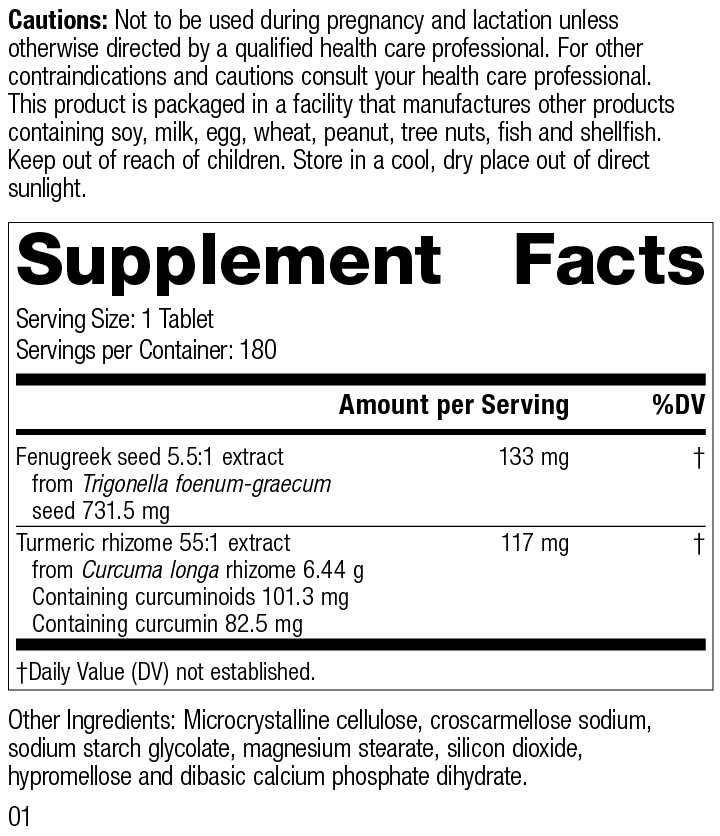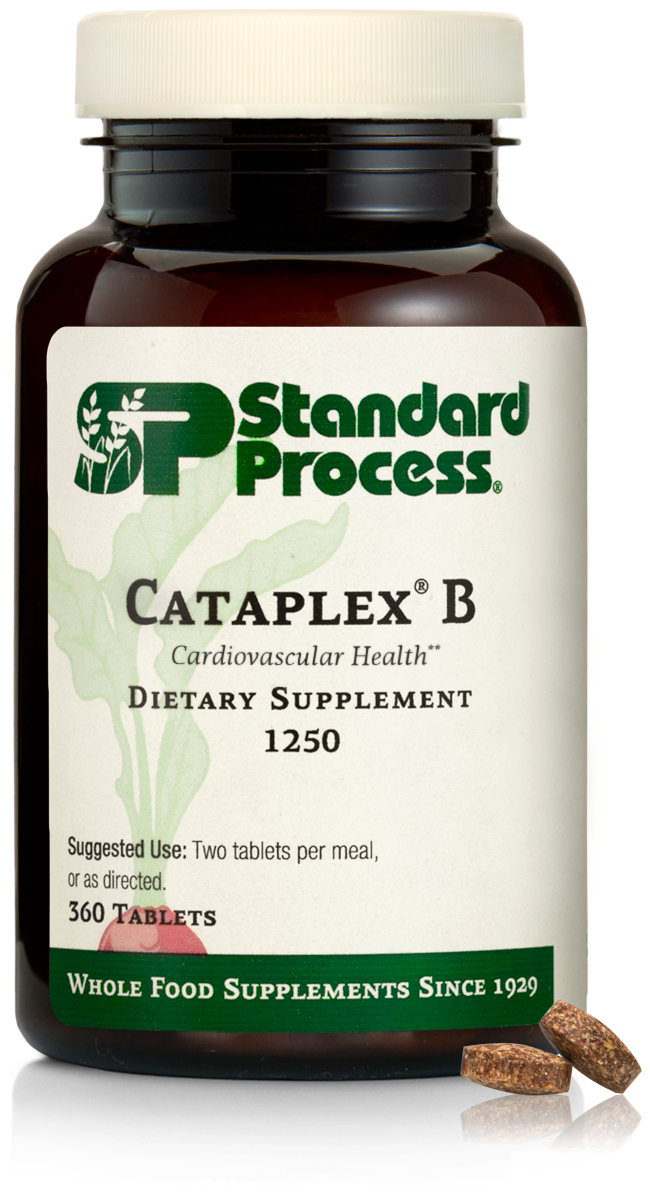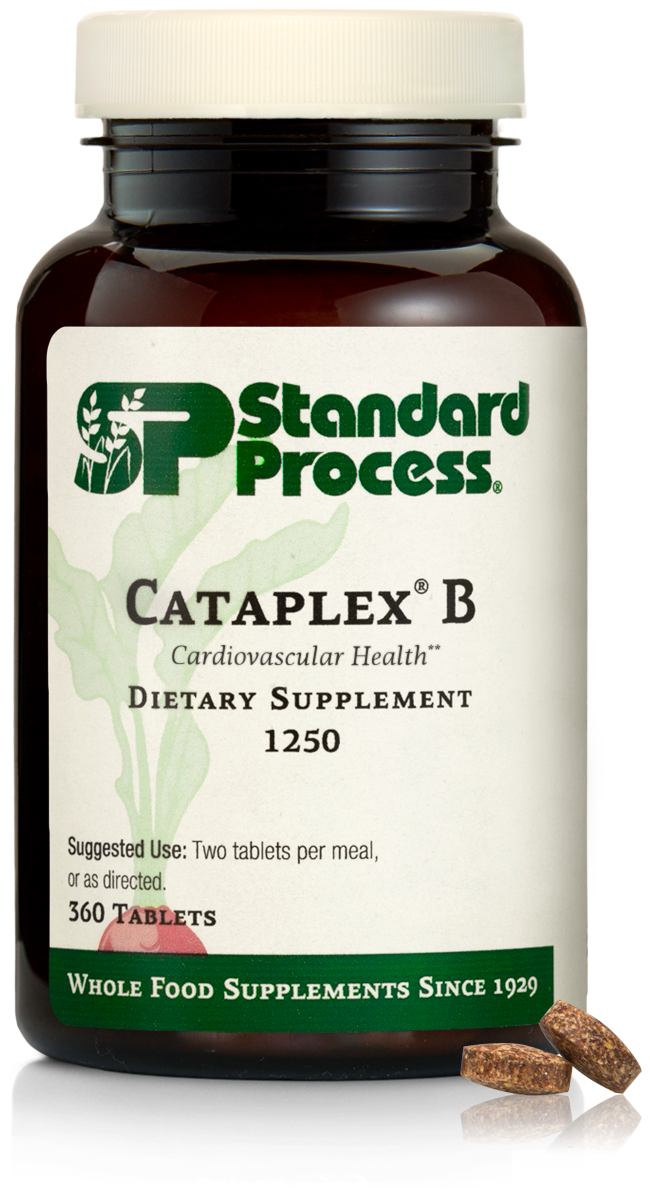In today's fast-paced world, it's easy to lose sight of the importance of proper nutrition. Yet, with many diet fads and trends floating around, one may ask: what constitutes good nutrition, and why is healthy eating pivotal? Let's dive deep into the ocean of nutrition and unearth the treasures of healthy eating.
What Does the Term “Nutrition” Mean?
Nutrients are substances derived from foods that fuel our body's processes and sustain life. These can be macronutrients, like carbohydrates, proteins, and fats, which we need in larger amounts, or micronutrients, such as vitamins and minerals, needed in smaller amounts yet equally vital.
What Comprises “Healthy Eating"?
Healthy eating isn't about restrictive diets or cutting out entire food groups. Instead, it revolves around a balanced intake of diverse foods, ensuring we receive the full spectrum of nutrients. It means prioritizing whole foods like fruits, vegetables, lean meats, and whole grains and minimizing processed and junk foods. Essentially, it's about making informed choices that nourish the body, keeping it in a state of balance and wellbeing.
How Does Eating Healthy Affect Your Body?
The relationship between food and the body is intricate. Every bite you take has the potential to either support or harm your health.
Healthy eating:
- Energizes: Provides steady energy, regulating blood sugar levels.
- Builds & Repairs: Aids in cell growth and repair with proteins and essential amino acids.
- Protects: Strengthens the immune system, warding off illnesses. Consider adding immune support supplements to your daily regimen to further boost your immunity.
- Balances: Regulates bodily functions and hormones and reduces inflammation.
What are the Key Nutrients of Each Food Group?
Each food group brings unique health benefits:
- Fruits & Vegetables: Rich in vitamins, minerals, and fiber, keeping digestion in check.
- Grains: Primarily a source of carbohydrates, they energize the body. Whole grains, in particular, have fiber, iron, and B vitamins.
- Proteins: Essential for cell growth, repair, and enzymes. This group includes meat, poultry, fish, beans, and nuts.
- Dairy: Offers calcium and vitamin D, promoting bone health.
- Fats & Oils: While moderation is key, healthy fats like those from avocados and olive oil are essential for brain health and absorbing certain vitamins.
To ensure a well-rounded nutrient intake, dietary supplements can be a valuable addition, filling any nutritional gaps.
Top 5 Benefits of Healthy Eating
1. Enhanced Mood and Mental Wellbeing
It's an age-old saying that "You are what you eat." While this has often been associated with physical health, research over the past few years has unveiled a profound connection between diet and mental wellbeing.
The gut-brain axis, a bidirectional communication channel between our digestive tract and the central nervous system, plays a pivotal role in this relationship. A balanced diet fosters a healthy gut microbiome, producing neurotransmitters and other chemicals influencing our mood and cognitive functions.
For instance:
- Serotonin Production: Around 90% of serotonin, often dubbed the 'feel-good' neurotransmitter, is produced in the gut. Foods that encourage its synthesis, such as those rich in tryptophan (a precursor to serotonin), directly impact our mood.
- Reduced Inflammation: Chronic inflammation may be linked to mood disorders like depression.
- Blood Sugar Stability: Spikes and crashes in blood sugar levels can lead to mood swings. A diet with low-glycemic foods helps maintain steady energy and mood.
Foods that promote mental wellness:
- Leafy Greens: Spinach, kale, and Swiss chard are high in folate, which helps produce serotonin and dopamine.
- Fatty Fish: Tuna, salmon, mackerel, and sardines are high in omega-3 fatty acids, which can boost neurological health and counter the effects of inflammation.
- Whole Grains: Foods like quinoa, oatmeal, and brown rice stabilize blood sugar levels and provide sustained energy.
- Fermented Foods: Yogurt, kimchi, and sauerkraut enhance gut health, promoting the growth of beneficial bacteria, which subsequently benefits mental wellbeing.
- Nuts and Seeds: Walnuts, flaxseeds, and chia seeds are not only packed with omega-3s but also have magnesium, which is beneficial for mood regulation.
2. Weight Management:
Balanced nutrition and exercise aid in weight control and prevent obesity-linked illnesses.
Eating healthy plays a crucial role in weight management for several reasons:
- Nutrient Balance: Healthy foods combine essential nutrients and macronutrients (carbohydrates, proteins, and fats). This helps regulate your body's functions, control hunger and cravings, and optimize metabolism, all of which contribute to effective weight management.
- Satiety: Foods rich in fiber, lean proteins, and healthy fats keep you full and satisfied for longer periods. This may prevent overeating and reduce the likelihood of snacking on unhealthy, calorie-dense foods between meals.
- Stable Blood Sugar Levels: A diet rich in whole grains, vegetables, fruits, and lean proteins helps stabilize blood sugar levels. This can help prevent sudden spikes and crashes in energy, reducing cravings for sugary and high-calorie foods.
- Metabolism Boost: Certain foods can boost your metabolism, which is the rate at which your body burns calories. For example, protein-rich foods require more energy to digest, and regular consumption can help increase your resting metabolic rate.
- Lean Muscle Preservation: Eating enough protein during weight loss can preserve muscle mass. Preserving muscle is important for maintaining a healthy metabolism as it burns more calories than fat.
- Mindful Eating: Healthy eating often involves paying attention to hunger and fullness cues, which can result in better portion control and reduced overeating.
- Long-Term Sustainability: Healthy eating is not just about short-term dieting; it's a sustainable lifestyle. Maintaining a healthy weight requires a balanced and nutritious diet. Crash diets may lead to temporary weight loss but often result in rebound weight gain.
- Improved Digestion: A diet rich in whole foods, fruits, and vegetables can support healthy digestion, impacting your body's ability to absorb nutrients and manage weight effectively.
3. Reduced Risk of Chronic Diseases
A diet that includes whole foods and limits processed ones can lower the risk of heart disease, diabetes, and some cancers.
- Heart Health: A heart-healthy diet includes fruits, vegetables, whole grains, lean proteins, and healthy fats.
- Type 2 Diabetes Prevention: A balanced diet can help regulate blood sugar levels and prevent or manage type 2 diabetes. Foods that are high in fiber, such as whole grains, legumes, and vegetables, can slow down the absorption of sugars and help maintain stable blood sugar levels.
- Cancer Prevention: Certain dietary patterns, such as Mediterranean or plant-based diets, have been linked to a lower risk of specific cancer types. These diets promote the consumption of fruits, vegetables, whole grains, and plant-based proteins, which are rich in phytochemicals and antioxidants that protect cells from damage.
- Bone Health: A diet rich in vitamin D, calcium, magnesium, and vitamin K is crucial for strong and healthy bones, helping prevent osteoporosis.
4. Improved Digestion
Foods high in fiber, such as vegetables, fruit, and whole grains, promote healthy digestion and regular bowel movements.
Here's how a healthy diet can promote better digestion:
- Fiber Intake: Consuming adequate dietary fiber is essential for digestion. It also aids in maintaining a healthy gut microbiome, which plays a pivotal role in digestion.
- Nutrient Intake: A diet rich in vitamins, minerals, and other essential nutrients supports the proper functioning of the digestive system. For example, certain nutrients like magnesium, zinc, and B vitamins are involved in various enzymatic reactions that facilitate digestion.
- Hydration: Proper hydration is essential for maintaining healthy digestion. Water softens stool and promotes smooth digestive function, while dehydration can result in constipation and other discomforts.
- Reducing Processed Foods: Highly processed foods, often high in sugar, unhealthy fats, and additives, can contribute to digestive issues. A diet focused on whole, unprocessed foods is easier for the digestive system to handle.
- Balanced Meals: Eating balanced meals that include a combination of proteins, healthy fats, and carbohydrates can help regulate the digestive process and prevent blood sugar spikes that might negatively impact digestion.
- Probiotics and Prebiotics: Incorporating foods rich in probiotics (like yogurt, kefir, and sauerkraut) and prebiotics (like bananas, onions, and garlic) can promote a healthy gut microbiome, supporting digestion.
5. Stronger Immunity
A balanced diet plays a crucial role in strengthening the immune system.
Here's how a balanced diet contributes to a stronger immune system:
- Nutrient Intake: A balanced diet provides essential nutrients required for the proper functioning of immune cells. This includes vitamins (such as vitamins C, D, A, and E), minerals (such as zinc, selenium, and iron), and protein. These nutrients have specific roles in supporting immune cell development, communication, and response.
- Antioxidants: Many fruits, vegetables, and whole grains are rich in antioxidants. Antioxidants neutralize free radicals that damage cells and cause inflammation. A diet high in antioxidants decreases oxidative stress and inflammation, supporting the immune system's ability to fight infections.
- Protein: Protein is necessary for producing and functioning immune cells, antibodies, and other molecules involved in the immune response.
- Vitamin D: This vitamin plays a significant role in immune system function. It helps immune cells communicate and respond to infections. Although sunlight is a natural source of vitamin D, certain foods such as fatty fish, fortified dairy products, and egg yolks can contribute to your vitamin D intake.
- Hydration: It's essential to stay hydrated to keep mucous membranes healthy. Water helps keep them moist and functioning effectively against pathogens.
- Healthy Fats: Including sources of healthy fats, such as those found in avocados, nuts, fatty fish, and seeds help support the body's inflammatory response and provide energy for immune cells.
- Immune Cell Communication: Certain nutrients, such as vitamin C and zinc, play roles in immune cell communication and signaling. These nutrients help immune cells coordinate their responses and function more effectively.
It's important to note that while a balanced diet is essential for a strong immune system, it's just one aspect of overall health. Other factors like regular exercise, adequate sleep, stress management, and avoiding harmful behaviors (like smoking or excessive alcohol consumption) also contribute to a robust immune system.
Virtual Functional Medicine Service Available Nationwide
Are you eager to uncover the underlying causes of your health concerns and tackle them naturally, avoiding medications if possible?
At Fast Track To Health, we offer a virtual functional medicine service you can access anywhere.
Our consultations include an initial 90-minute discussion, laboratory test interpretation, tailored supplement guidance, exclusive discounts on our products, personalized dietary advice, ongoing email assistance, and full access to our exclusive member's zone brimming with insights on nutrition, diet, recipes, stress relief, mindset, exercise, and so much more!
The tapestry of good nutrition and healthy eating is woven with threads of wellbeing, disease prevention, and overall vitality. As you embark on your health journey, remember that each meal is an opportunity to nourish, heal, and thrive.
Contact us today to get healthier and pave the way for a healthier, happier you!














Leave a comment
This site is protected by hCaptcha and the hCaptcha Privacy Policy and Terms of Service apply.